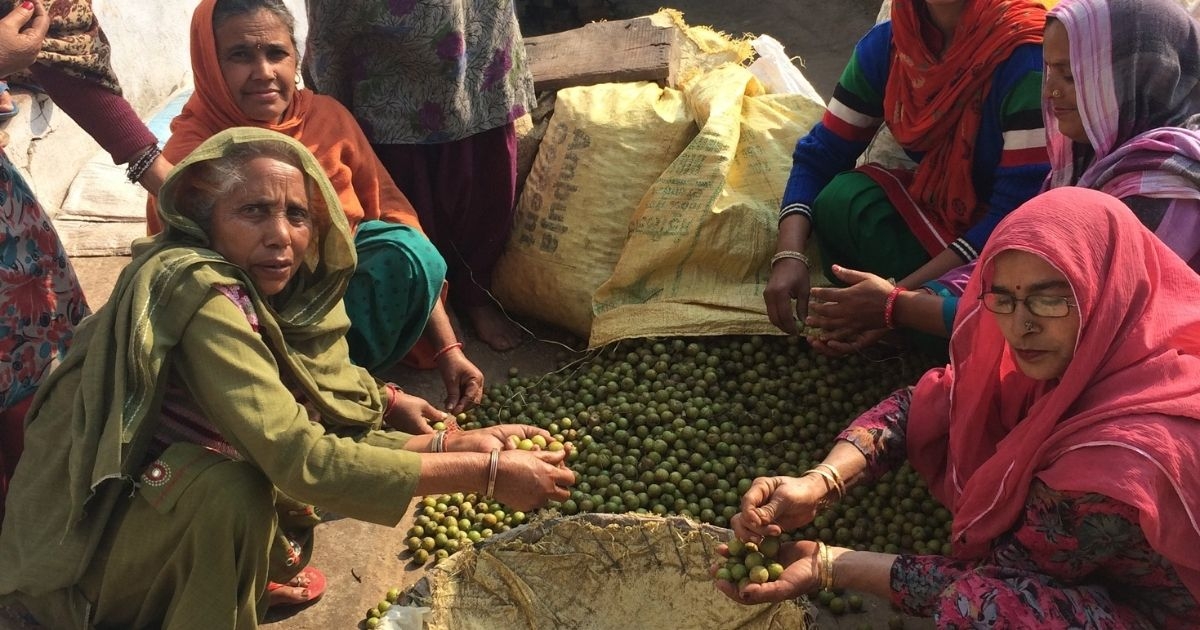Under a worst-case climate scenario by mid-century, up to 158.3 million more women and girls could be driven into poverty globally, surpassing the number of men and boys affected by 16 million….reports Asian Lite News
If unchecked, climate change will significantly increase women’s vulnerability to poverty and hunger, undermining hard-won development gains, according to a UN report.
“Globally, by mid-century, under a worst-case climate scenario, climate change may push up to 158.3 million more women and girls into poverty (16 million more than the total number of men and boys). Food insecurity is projected to increase by as much as 236 million more women and girls, compared to 131 million more men and boys,” said the “Progress on the Sustainable Development Goals:
The gender snapshot 2023″, the latest edition in the annual series produced by United Nations Entity for Gender Equality and the Empowerment of Women (UN Women) and the United Nations Department of Economic and Social Affairs (DESA), and launched in Abu Dhabi on Friday.
”Investments in a comprehensive SDG stimulus package would help to mitigate this effect, reducing the number of women falling into extreme poverty from 158.3 million to 43.3 million. But the impact will still be less than what could be achieved if the world abates climate change now, before it gets exponentially worse.
A recent review of national climate action plans, known as nationally determined contributions, found that only 55 have specific climate adaptation measures referring to gender equality and only 23 recognize women as agents of change in accelerating progress on climate commitments. Multi-sectoral plans and efforts to respond to climate change must prioritize women and girls most at risk.
A lot more is also needed in the areas of conservation, disaster preparedness, adaptation and resilience, including expanding women’s access to quality health, education, economic opportunities and information,” the report noted.
“Progress on the Sustainable Development Goals: The gender snapshot 2023” presents the latest evidence on gender equality across all 17 Goals, including prevailing trends and gaps on the road to 2030. The report calls for an integrated and holistic approach to advancing gender equality, including via greater multistakeholder collaboration and targeted and sustained funding in support of the gender equality agenda. Failure to scale up and invest in gender equality now will place the entire 2030 Agenda for Sustainable Development in peril. (ANI/WAM)

